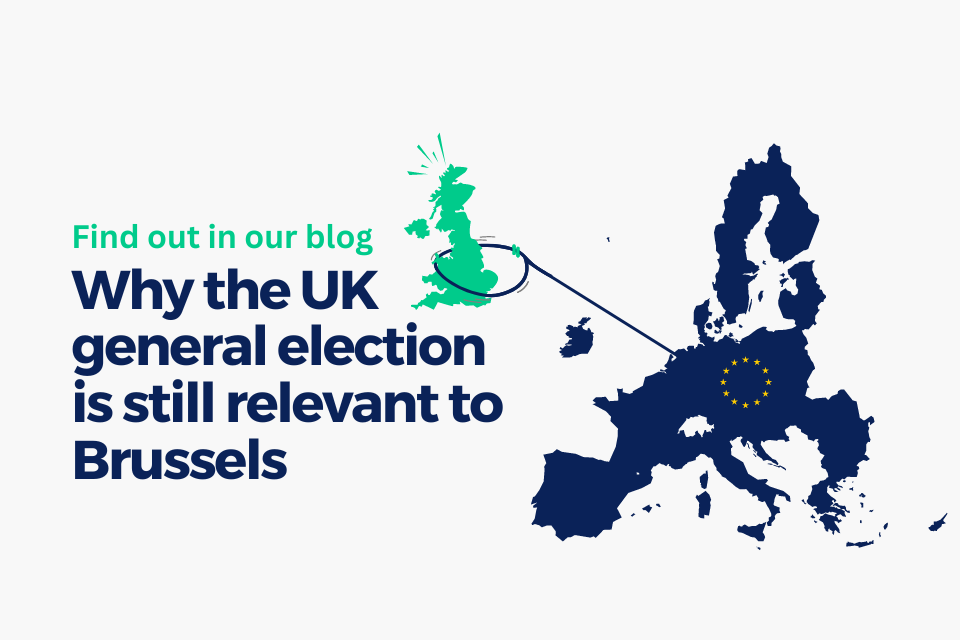#EUWHATSNEXT – FInland in control: progression or regression?
Acumen is publishing a special blog series in the run-up to the European elections in May 2019. Have a look at what’s happening in Finland ahead of their EU Council Presidency starting in July.
#EUWhatsNext
Finnish voters sent renewed shock waves through the European political landscape at the recent general election, with a near-victory for the far-right populist Finns Party. It almost doubled its support in just three months, demonstrating how unexpected shifts (such as a high-profile criminal case involving an immigrant) can move opinions as rapidly as the shapes of the Northern Lights.
With the European elections in sight, what does this herald? 2019 is already a big year for Finland, which is taking over the EU Council Presidency on 1 July.
Narrow victory for Social Democrats – tough negotiations ahead
On 14 April 2019, the results of the general election showed that the country’s Social Democratic Party (SDP) won 17.7% of the votes, ending up as the largest party for the first time in two decades. However, it won by an inch, or one seat: 40-39, as the nationalist Finns Party nearly tied with it by winning 17.5%. The previously biggest party, the Centre Party (KESK), led by outgoing Prime Minister Juha Sipilä, lost a lot of ground, coming fourth this time with 13.8%. The centre-right National Coalition (KOK) won 17% in a three-horse photo-finish. Almost half (47%) of the newly-elected deputies are women, keeping up the long tradition of strong female political leaders in the Nordic countries. In a similar vein, Finland also has the highest rate of female MEPs, sending 69% of women to Brussels.
Formal coalition talks are set to start on April 25. As the results marked the first time in a century that no party won more than 20% of the votes, Finland will obviously have a tough cookie to crack. The various issues that drove the elections (e.g. social and healthcare reforms; climate change; and immigration policy) are politically very sensitive. Sipilä and his government had already resigned last month after efforts to push through major plans for social and health reforms failed, leaving a caretaker government to currently be in place.
Party leaders have expressed concerns at maybe having to share power with the Finns party and its leader Jussi Halla-aho. He has clearly demonstrated that most of his party’s positions on key issues, notably immigration but also the euro, run counter to what they believe in. Many combinations to forming the new government are possible, but with every party added to the coalition finding agreement on key political issues will be increasingly difficult.
EU elections and Commission changeover: who is likely to stay?
What do these results imply for the European Parliament elections? Looking at the predictions, it seems that the National Coalition Party (KOK) and the Centre Party (KESK) will each lose one seat, whereas the Finns and the Social Democrats will each gain one. There will most likely be two MEPs representing the Green League instead of one, the Swedish People’s party is set to lose its only seat and the Left Alliance will likely retain its single seat. The overall balance of power within the EP will be little altered though an even stronger showing for the Finns Party would hasten a tripartite (EPP/S&D, ALDE) ruling coalition.
The main political parties have released the full list of candidates for the EP elections, including some who are current MEPs. For the Social Democrats, MEP Miapetra Kumpula-Natri, who was the rapporteur on the “end of roaming” legislation, is still on the list. Sirpa Pietikäinen, who made herself a key advocate of circular economy, is one of the candidates for the National Coalition Party. Heidi Hautala, who is one of the vice-presidents of the EP, is running again as candidate for the Green League. Other candidates also include many (former) MPs. Finland now has 13 MEPs, but if the UK leaves, it could gain another seat.
Not only will the EP will see many people leave and return, but the Commission will be composed of a new set of faces. Last year, there was much speculation as to who, between current Commission Vice President Jyrki Katainen and former PM Alexander Stubb, would run to be the next Commission president nominee (Spitzenkandidat) of the European People’s Party, the EP’s biggest group. Katainen, however, announced in June 2018 that he had decided not to stay in post and would even look “forward to new professional opportunities” after his term ends.
Although Stubb was lauded within KOK for his campaign, he lost the nomination to Manfred Weber during the EPP Congress held in Helsinki in November 2018. Stubb has now expressed interest in becoming the next Commissioner for Artificial Intelligence. Given the results of the general elections, however, it will be more likely that Finland will be sending a center-left Commissioner to Brussels later this year. Social Democrats Minister of Finance Jutta Urpilainen or MEP Miapetra Kumpula-Natri might be chosen instead.
H2 2019 – Presidency priorities
On 1 July, Finland will start its third EU Presidency. Drafting the Presidency programme started as early as spring 2018, with the final programme set to be published in June 2019. In a letter from 97 current MEPs, the upcoming Finnish presidency was urged to take the opportunity to focus on new standards that ensure increased transparency in the Council.
The priorities are already being discussed with all EU leaders. In meetings with Baltic and Polish leaders on 6 and 7 March, Sipilä raised multiple key themes, including fighting climate change, transportation and security, as well as a competitive and forward-looking Single Market.
A letter to President of the European Council Donald Tusk highlighted some ‘building blocks’ for the Single Market, including embracing the digital transformation, ensuring the transition to a greener economy and strengthening the capital market. If Finland decides to continue in that vein during its Presidency, it shouldn’t expect too much resistance from other Member States as 17 of them signed up to the letter.
.jpg)
.jpg)


